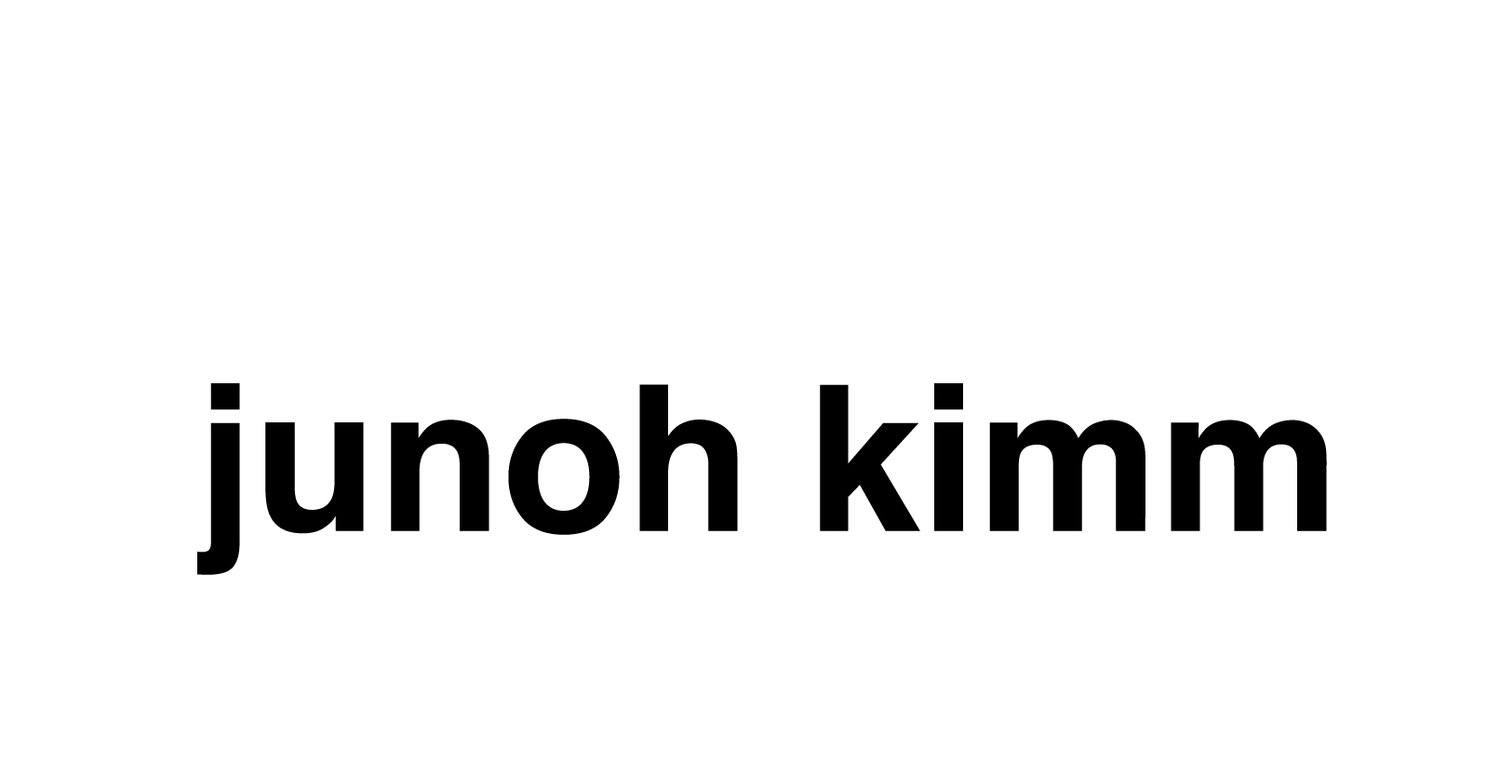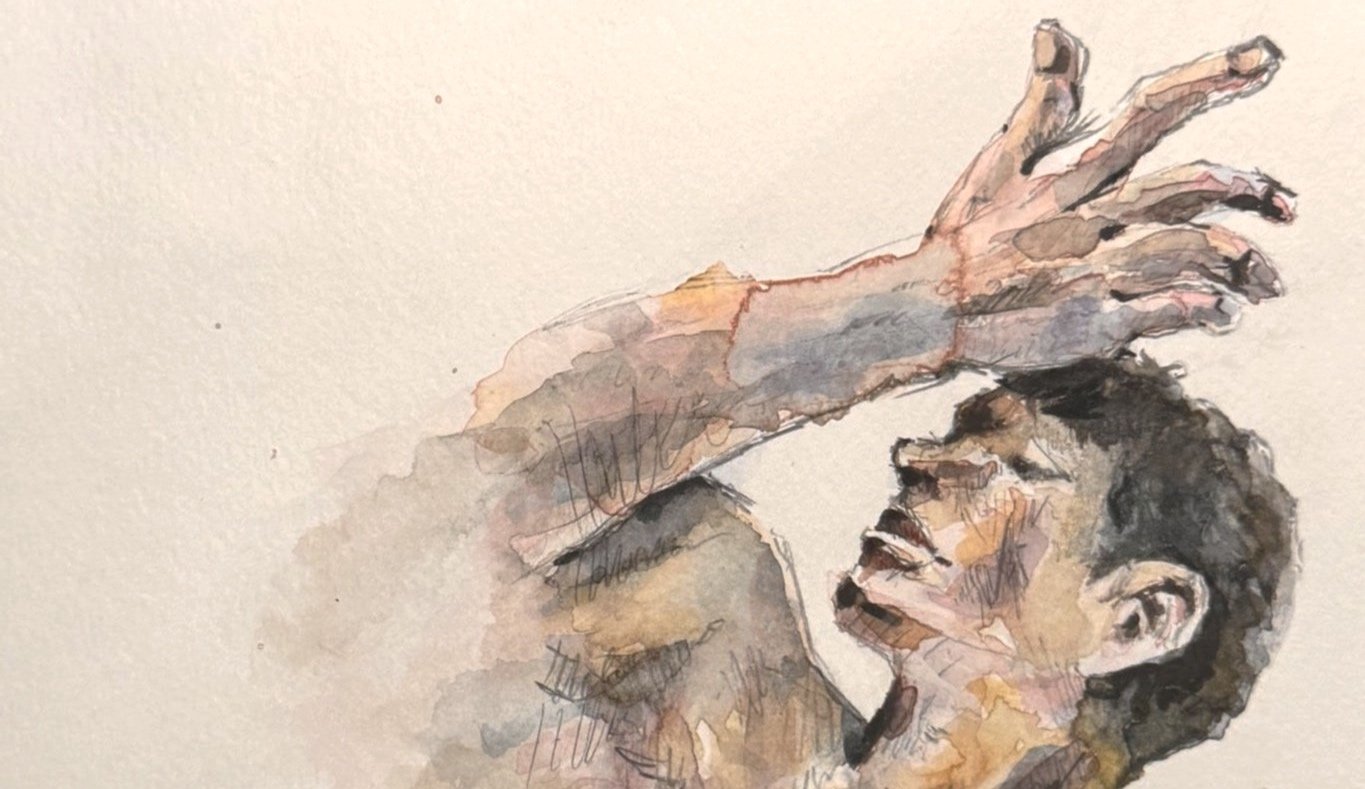Before i began my PhD, i wrote my proposal and had it approved by my advisor. It covers the method, subjects, committee, funding, and even the Research Ethics Board approval. It was pretty much everything i needed to get a typical 5- to 6-years long humanity PhD program easily done in 4 years and, in my own little head, in 3 years at a top public communication and information school.
I could have called it a day—one of my favourite phrases—and got out of the dungeon with what i wanted. But i struggled. I felt like something was missing and i was not being honest to myself.
Strangely, but not so strangely–knowing my past habits, i started reading books and papers outside of my advisor and committee’s comfort zone, and doing other random things that were not related to my dissertation—such as moving to the Bay Area for my partner and knocking down the 100-year-old plaster walls of an apartment in San Francisco.
I kept getting lost and the more i studied and did other things, the more i got lost in the darkest hole.
With the advent of Covid back in 2020, i lost my mind. As Bruno Latour, a popular philosopher in STEM research, did, i started looking at different actors in this chaotic network of problems in my life and the world in which i live in. What is fact–is what i see real? What is knowledge–is what i know real? Why am i in a lot of pain–is it me or them or the society? The typical delusions of modernity.
I used the methodological triad of materiality, sociality and individuality in my previous work. However, my focus was mainly on the interconnectedness between sociality and materiality—overlooking the importance of the other load-bearing pillar, individuality.
Individuality, what i refer to as ‘i,’ consists of agency and will power. It is our cognitive development of sense of self which constructs our tactical behaviours. I mistakenly illustrated this i as something that also gets conditioned by sociality and materiality. In my previous depiction, i did not consider the metaphysical essence into account. This is the state of being in which one comes to determine what is right and wrong. I sometimes called this individual agency. Some may call it your belief system and some may call it view of things.
Through my recent discovery of going through the dragon of chaos, i came to realize this agency is governed by what i refer to as ‘central axiom of your belief system’ which grounds one’s thoughts and will power. Structuralism analyses the broader systems of policies and cultures that govern what we do, think, perceive and feel. This approach allows a very useful investigations of the meso-level actors such as policies and infrastructures. Meanwhile, post-structuralism highlights the instability and multiplicity of meaning and the political context in which it uncovers. It provides an important methodological lens to understand how ‘audiences’ or citizens come into producing the meanings of a text or policy – values contextualized by their habitus and discourse.
What i would like to point out from my own personal discovery is what governs the minds of i. It is simply one’s ability to trust their own vision. If one’s moral interpretation of the world through the lens of nihilism, their action and roles in the society will reflect quite differently from that of someone who believes in Christianity. Nihilist doctrine questions all moral underpingings, including religious presuppositions, and by doing so it argue the world has no real existence or meaning. They highlight the unpliable nature of any belief systems that we hold. . This collapse of the value system makes all the values within it no longer attainable.
O.M.G. chaos. This is the end of rationality. The end of humanity. The end of everything i think is right.
But this does not mean one needs to hold onto whatever that comes as every belief systems have misinterpretations that can leave negative influences on others.
Thanks to the advancement of information communication technology today, our society is becoming chaotic, and different systems and actions are colliding. We often forget to remind ourselves of the importance of our ontological foundation,
we are all here to help each other.
This is what i call the fundamental essence of i. We are all to survive without hurting each other and leave a good name to the next generations.
My take is first believing that you have everything you need to ground yourself: your enemies, teachers, mentors, books, dogs, technologies, friends, parties, and sometimes beers. Whatever it takes to help you understand your grounding belief.
Good night :)




